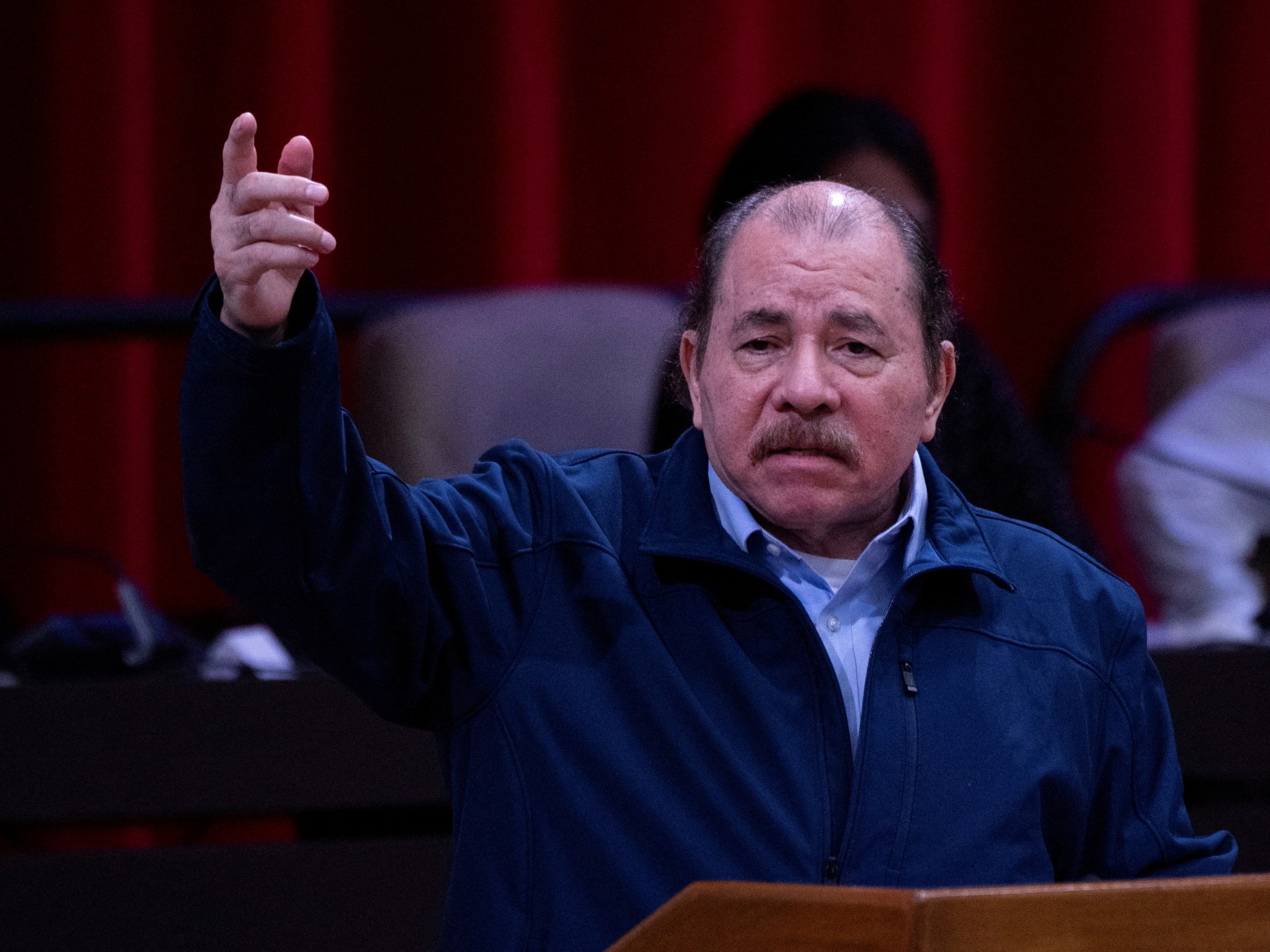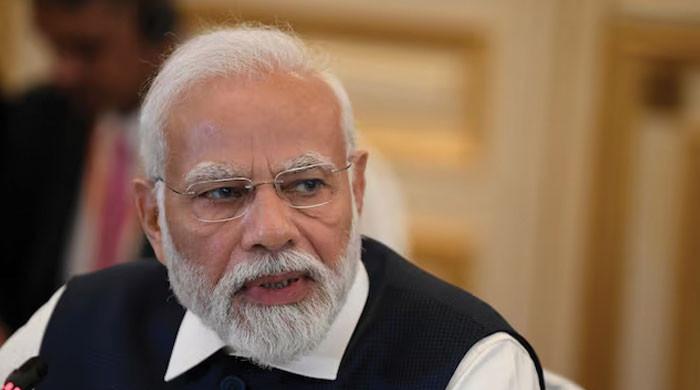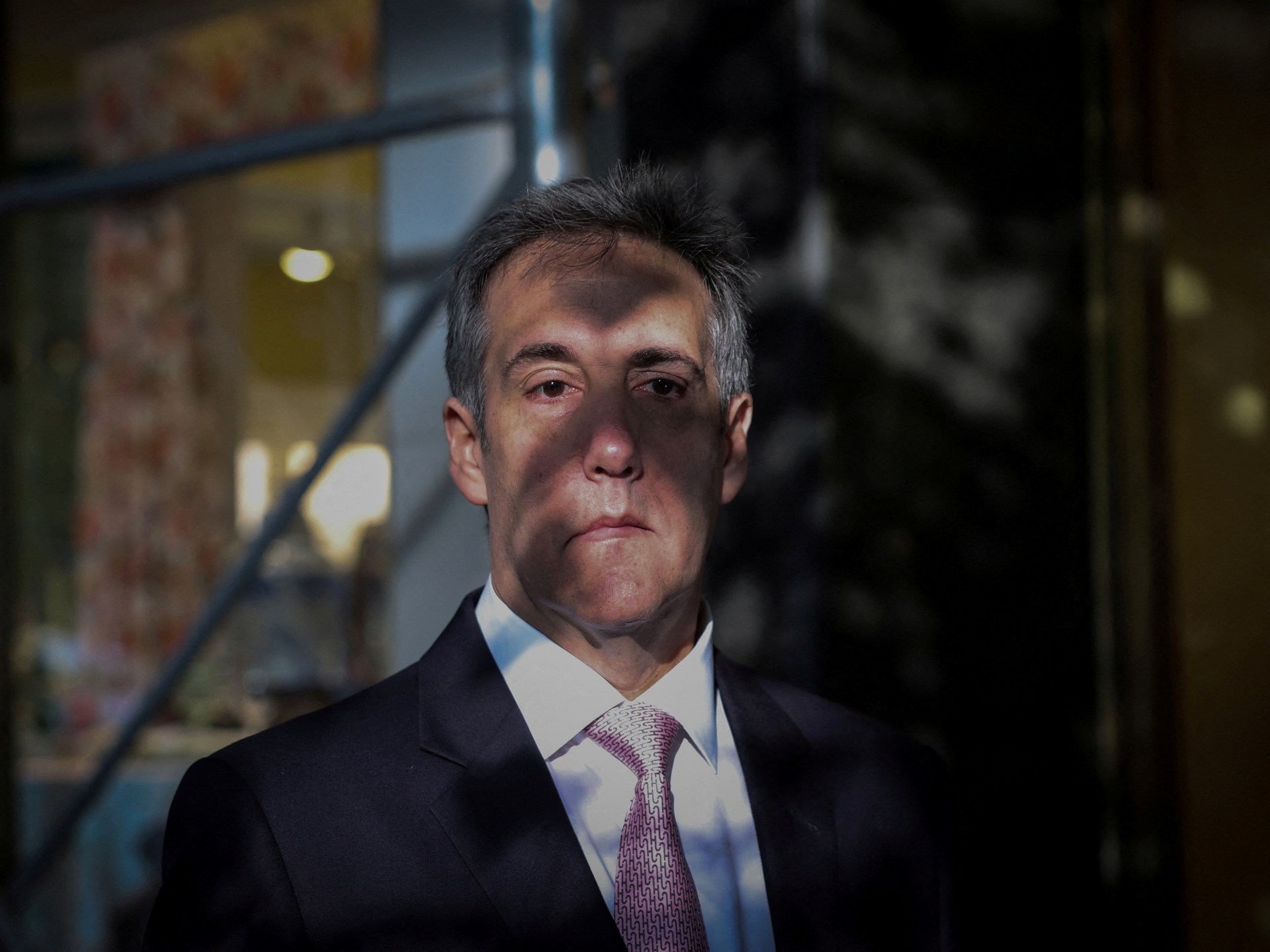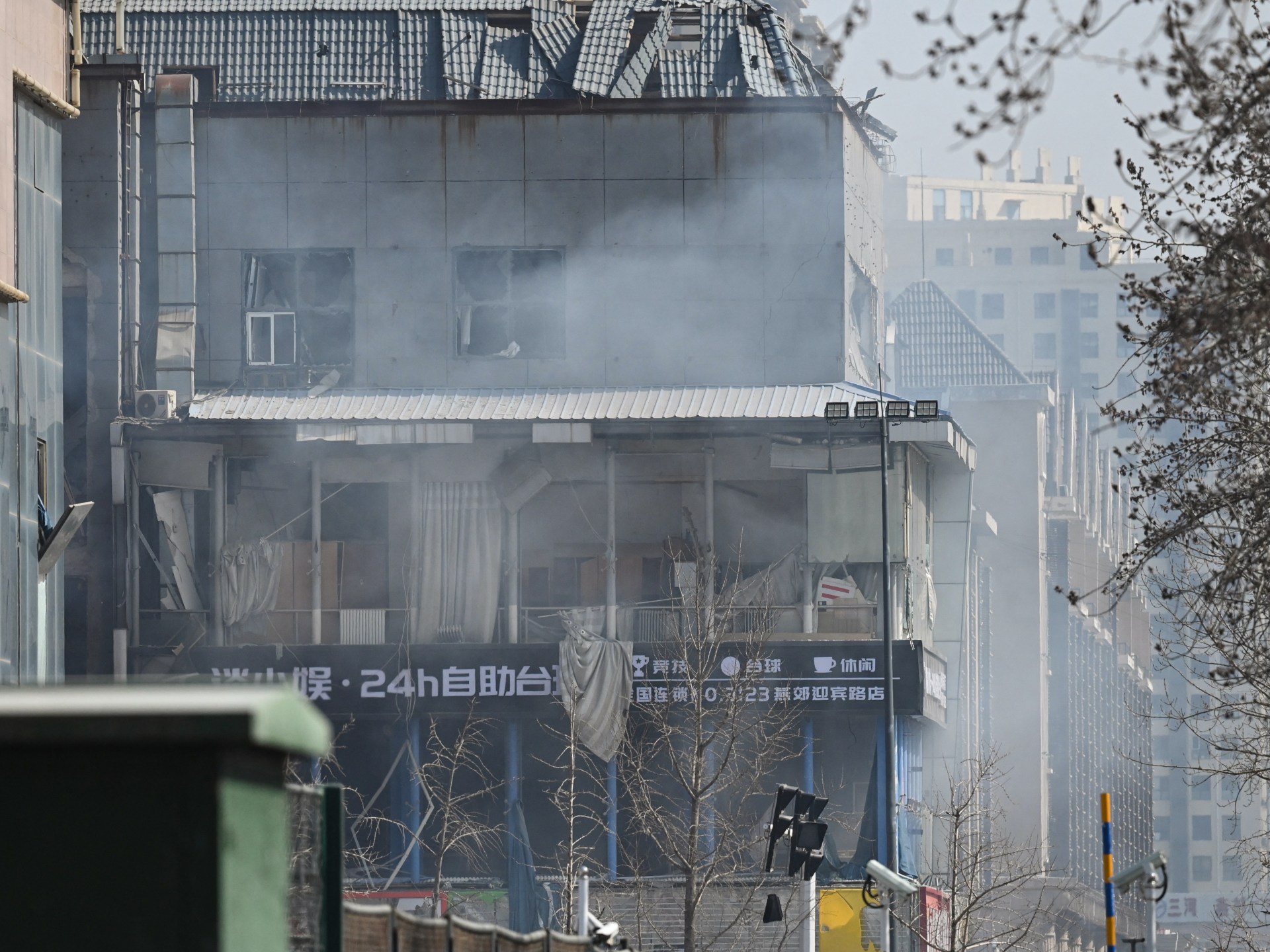SHIZUOKA: The world's longest-serving death row inmate was acquitted on Thursday, more than half a century after his murder conviction, when a Japanese court ruled that evidence had been fabricated.
Former boxer Iwao Hakamada, 88, was unable to attend court for the outcome of his new trial, which was granted to him a decade ago after a long campaign by his supporters, due to poor health.
But his 91-year-old sister Hideko, who often speaks on his behalf, bowed deeply to the Shizuoka District Court judge who declared Hakamada not guilty.
Hakamada spent 46 years on death row after being convicted in 1968 of killing his boss, his wife and their two teenage children.
“Investigators tampered with the clothing by staining it with blood,” which they then hid in a vat of miso, or fermented soybean paste, according to Thursday's ruling, seen by AFP.
He also criticised the use of “inhuman interrogations aimed at forcing a statement… by imposing mental and physical pain”.
“The prosecution's records were obtained in effective violation of the defendant's right to remain silent, in circumstances extremely likely to elicit a false confession,” the ruling said.
Hundreds of people queued in the morning to try to get a seat for the verdict in the murder saga that has gripped the nation and sparked scrutiny of Japan's justice system.
“I went to the prosecution and said, 'Don't force us to fight until I'm 100,'” Hideko told reporters before the verdict.
Hideko was wearing a white jacket and, when asked if it symbolised her brother's innocence, said she had deliberately avoided dark colours.
'A little bit every day'
Japan is the only major industrialized democracy other than the United States that maintains capital punishment, a policy that enjoys broad public support.
Hakamada is the fifth death row inmate to be granted a new trial in Japan's postwar history. The four previous cases also resulted in exonerations.
His lead lawyer, Hideyo Ogawa, said Hakamada sometimes appears to “live in a fantasy world” after decades of detention, mostly in solitary confinement.
Describing his battle to obtain absolution AFP In 2018, Hakamada said he felt like he was “fighting a fight every day.”
“Once you think you can't win, there is no path to victory,” he said.
Hakamada appeared to be unaware of the decision even after Japanese media reported that his supporters had removed the batteries from his television remote control on Thursday so he could not watch the verdict live.
Hideko told reporters before the hearing that she wanted to break the news soon, but at the right time.
He was filmed shortly after making the decision to leave home for a walk, dressed in a short-sleeved shirt and a green hat.
'Hostage justice'
The Supreme Court upheld Hakamada's death sentence in 1980, but his supporters fought for decades to have the case reopened.
A turning point came in 2014, when a new trial was granted and Hakamada was released. However, legal disputes, including opposition from prosecutors, meant that the new trial did not begin until last year.
“For a long time we have been fighting a battle that seemed endless,” Hideko told reporters in July.
Hakamada initially denied robbing and murdering the victims in 1966, but later confessed after what he later described as a brutal police interrogation that included beatings.
Atsushi Zukeran, a supporter wearing a T-shirt reading “Free Hakamada Now,” said outside the court that the case was “a painful reminder of how Japan's criminal justice system needs to change.”
Given how long the case dragged on, “part of me couldn't fully celebrate the acquittal,” Zukeran said.
The Hakamada case is “just one of countless examples of Japan's so-called 'hostage justice' system,” said Teppei Kasai, Asia program officer at Human Rights Watch. AFP before the verdict.
Amnesty International said it was “delighted” by the outcome.
“After enduring nearly half a century of wrongful imprisonment and another 10 years of waiting for his retrial, this verdict is an important recognition of the profound injustice he endured for most of his life,” the group's East Asia researcher Boram Jang said in a statement.












